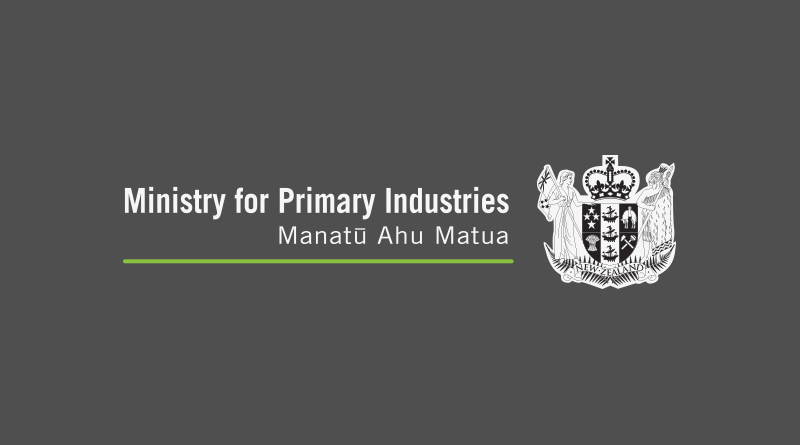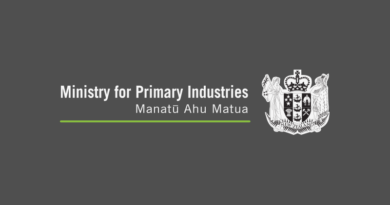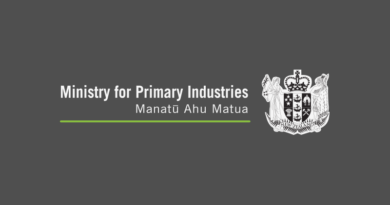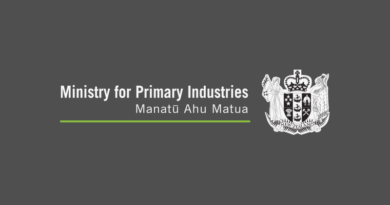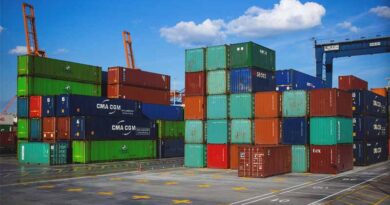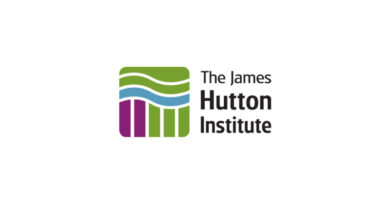Invasive weed salvinia eradicated from Pāpāmoa waterway
01 September 2022, NZ: Biosecurity New Zealand is declaring the successful eradication of the aggressive aquatic weed salvinia from one Bay of Plenty site after 4 years of work.
“It’s an invasive aquatic pest that grows rapidly and can smother the surface of rivers and lakes, destroying the living environment for native life and causing a drowning hazard. So, when it was detected in a Pāpāmoa waterway in early 2018, we took swift action towards eradication,” says Biosecurity New Zealand deputy director-general Stuart Anderson.
Control activities began in June 2018. Biosecurity New Zealand worked in partnership with Tauranga City Council and with support from Ngā Pōtiki and the Bay of Plenty Regional Council. The aquatic weed was spread over 1 kilometre through the Te Ara ō Wairākei − a waterway a few streets back from that follows the original path of Wairakei Stream.
“Even very small fragments of salvinia can survive and grow, so working together was essential for eradication efforts to be effective. We value the expertise each of our partners brought and the role they played in successfully removing this pest,” says Anderson.
Throughout eradication and management efforts, Ngā Pōtiki ensured appropriate cultural processes were respected, and they also monitored for eels that might be affected by the removal operation.
“We are proud to have been involved in such a successful campaign to eradicate salvinia,” says Ngā Pōtiki ā Tamapahore Trust chair Verna Gate.
“We aim to protect and enhance the mauri of any natural area that remains in our rohe. This Te Ara ō Wairākei green corridor and the surrounding landscape has significant historic, cultural, spiritual and ecological value to Ngā Pōtiki. It is closely associated with Ngā Pōtiki history in this area and our cultural worldview,” Gate says.
“We thank Biosecurity New Zealand, Tauranga City Council, and Bay of Plenty Regional Council for helping us to look after Te Ara ō Wairākei and the native wildlife – including taonga such as tuna – that call it home. This is a big win for the entire Pāpāmoa community.”
The waterway has been visited regularly since salvinia was first found, and initial removal cleared the blanket of weed. Due to the invasive nature of the weed, council staff continued to go back to the site to check for regrowth.
“The Te Ara ō Wairākei waterway is not only a key part of the Pāpāmoa flood control and stormwater system but an important cultural and ecological corridor that is well used and valued by the Pāpāmoa community,” says Tauranga City Council’s manager of drainage services, Radleigh Cairns.
“It was essential that the weed was completely eradicated from this area,” says Cairns.
“It is now 3 years since we’ve had any sign of salvinia at this site,” says Stuart Anderson. “To be able to announce complete eradication of such an aggressive aquatic pest is exciting and a promising sign for our aquatic biosecurity.”
Also Read: 2022 Norman Borlaug Award to Indian Scientist Dr. Mahalingam
(For Latest Agriculture News & Updates, follow Krishak Jagat on Google News)

